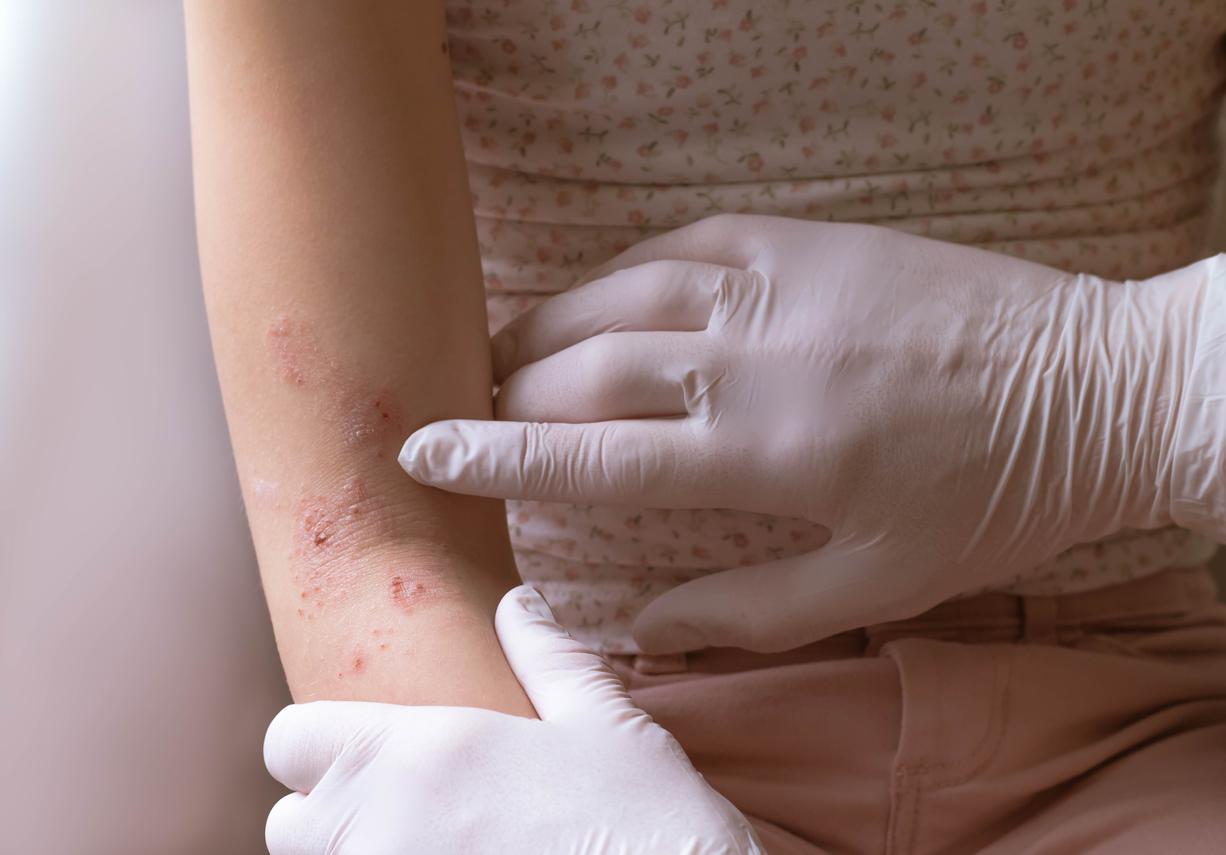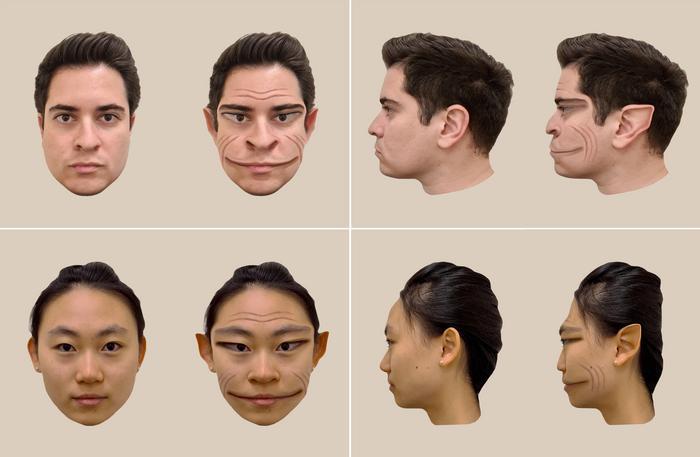The big problem with Covid-19 lies in its part of mystery: will I develop a serious form? Would I have symptoms? Am I contagious? Currently, a positive PCR test leaves multiple unknowns, for example: is this the beginning of my infection, in which case I have a good chance of being contagious, or was I infected a month ago while being asymptomatic and I’m not contagious at all anymore… In other words, the current PCR does not determine whether the virus is alive or dead in the body. The APHP has just published a press release relaying a means of determining both the severity of future illness and the patient’s contagiousness. Explanations.
IFN-1: Dead or alive virus?
These improved PCRs would study an antiviral response of the immune system called: type 1 interferon. “Type I interferon (IFN-I) is a protein of the cytokine family, usually produced rapidly by the immune system in response to a viral infection and which has the main effect of inhibiting the replication of the virus in the infected cells”, explains the APHP.
After studying mild and severe patients with Covid-19, they realized that the IFN-1 dosage was not the same in everyone. This study, relayed by the Journal of Experimental Medicine pointed out that the shape of the virus was linked to the amount of IFN-1 in the body and linked to the contagiousness of the patient. The latter would then become a marker of the patient’s condition. If the Covid-19 positive patient has a small amount of IFN-1, this means that the virus is not very active and there is no risk of transmitting it. On the other hand, if the patient has a large quantity, isolation is preferable, this would mark the beginning of the disease.
Therapeutic strategies adapted to the patient’s risks
To determine the severe forms, the combination is different. The patient must have a high viral load but no IFN-1 at all. The body would not be able to manufacture the autoantibodies necessary to fight against the infection, a blood test should come to confirm this absence.
“This measure could thus quickly help to identify patients at risk of transmission of the virus, and vice versa. help avoid quarantine measures for patients who do not or no longer represent a possible source of contamination“, illustrates the APHP. The conclusion of this study is that thanks to this type of test, the therapeutic strategies could be adapted according to the patients.
Sources: Early nasal type I IFN immunity against SARS-CoV-2 is compromised in patients with autoantibodies against type I IFNs, Journal of Experimental Medicine August 6, 2021; Covid-19: towards a simplified diagnostic test to better identify contagious subjects and those at risk of developing a severe form, APHP, August 11, 2021
Read also:
- Fungal infections and Covid-19: why is co-infection so deadly?
- Can Covid have an impact on our long-term cognitive faculties?

















